Blur’s Dave Rowntree on new documentary, To The End
…and that gig at Wembley!
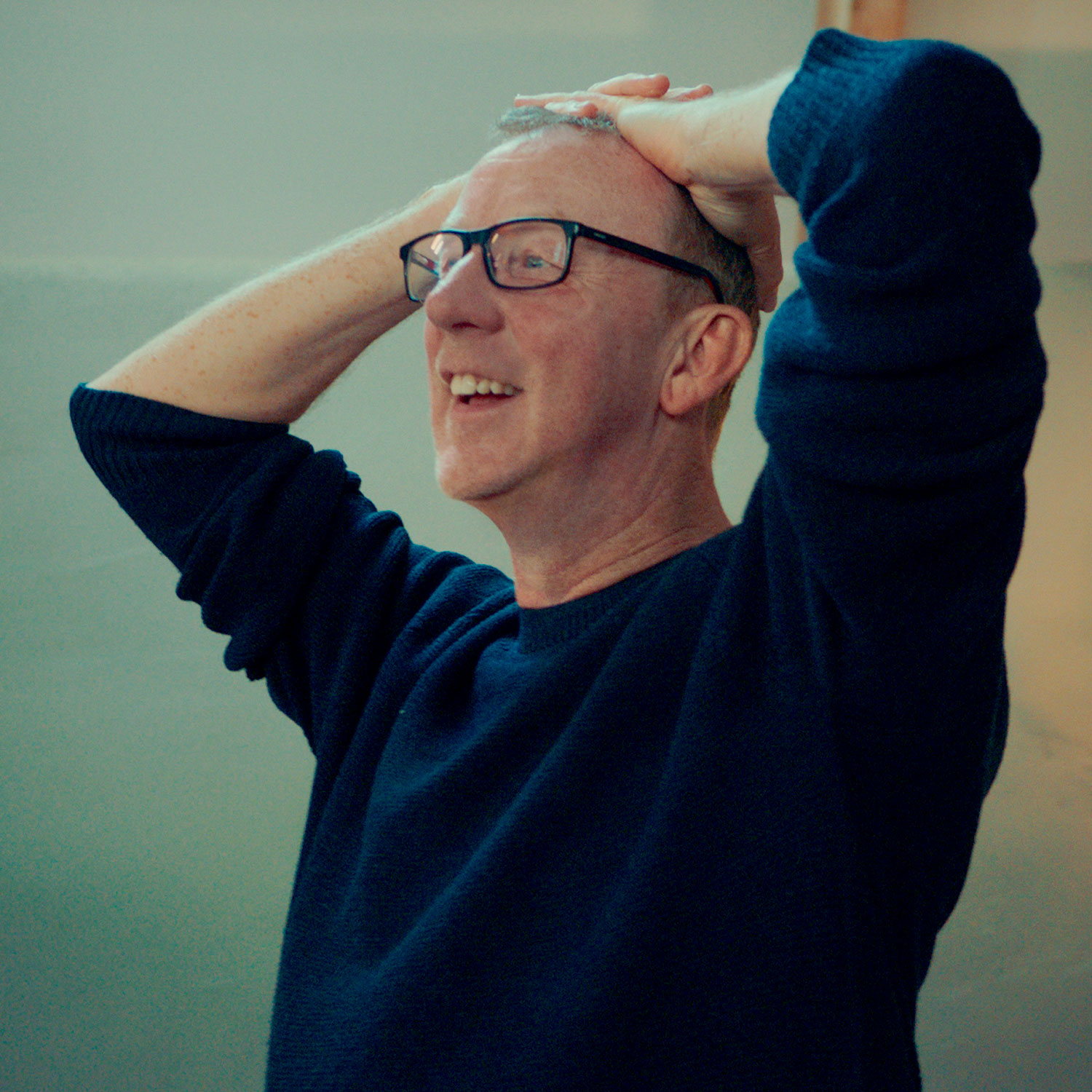
When Blur played two shows at Wembley Stadium on 8-9 July last year, they received superb reviews – despite the concerts marking the first time the band had performed there. The same month, The Ballad Of Darren – Blur’s first album since The Magic Whip nine years earlier – was also critically acclaimed.
A year on, Blur have just released the self-explanatory Live At Wembley Stadium album from their second performance at the venue. Alongside the album, is a cinema release for the documentary To The End, following both the recording of The Ballad Of Darren and the tour Blur played that focused on Wembley. It’s directed by Toby L, who is both the head of Transgressive – the record company which releases Graham Coxon’s solo music – and a filmmaker who has worked with Damon Albarn.
As documented in To The End, the Wembley shows nearly had to be cancelled when Dave Rowntree broke his leg playing tennis. SDE spoke to Dave about the unusual intimacy of Wembley, trying to make sense of having his day-job recorded by a film crew, what Blur would have done if he couldn’t play Wembley… and how they accidentally became such a great B-sides band.
Hi Dave. To The End is getting good reviews. How do you feel about the response it’s had so far?
I’m not the director, so I can’t take any credit on whether people like it, but people seem to enjoy it. People laugh a lot, and that was important. We didn’t want it to be too navel-gazing. I can’t think of anything worse than four boring old men moaning about their lives. Toby has cut out the boring navel-gazing stuff and kept the one-liners, so more power to him.
What’s your own favourite moment in the film?
Alex’s reaction when he goes in the sea is priceless. It’s classic Alex.
How did you feel when you first watched the finished film?
It’s odd watching what you’ve just done on a big screen, with everybody looking at it, as happened at the premiere. What I’m used to is listening back to the music I’ve just made and people commenting on that straight away.
The film was different: cameras following me in my day-to-day life. Watching myself trip over and pick up a pencil? Putting that in the finished edit so that it’s on a massive screen for everyone to see, that’s quite unusual for me.
How aware were you at the time of the camera crew following you?
We’ve done documentaries before, and we’re always told: “After a couple of days, you won’t even notice we’re here.” That’s never been true. It’s not like they’re subtle about it. They don’t try to hide cameras then go off to the pub. There are three or four people in a huddle, noisily following you around. If you go to the coffee machine, they run over to change their angle, so you’re constantly aware they’re around.
That changes your behaviour. Unless you’re someone with no self-awareness at all, it’s hard not to change the way you act, so you always get something slightly artificial. People slightly mind what they say and the jokes are always going to be a bit tamer.
How did Toby L come to make the film?
He’d worked with Damon before and Damon was keen to work with him again, but I don’t know any more than that. I had a meeting where Toby was presented as a director being interested in making a film. I had a half-hour chat with Toby, asked what his vision for the film was and that was it, really.
There’s a tremendous rush with these things. We had a tour in production and we were simultaneously making an album, then a film was thrown into the mix, so there wasn’t time to do a whole load of soul searching about it. It was: “Here’s Toby, he makes films.” “Great, shall we make a film?” These things are sink or swim. If it hadn’t worked, then nobody would have ever heard anything more about it.
Toby has said he wanted to concentrate on how the relationships have evolved in Blur. Are those relationships something you’re conscious of whenever you get back together?
The band pretty much split up at one point in our existence. When we got back together, in a rare moment of clarity we had a conversation where we decided that, to stop that kind of thing happening again, we should concentrate on the friendships between the four of us and make that the main goal. If that meant we didn’t play any music together, we wouldn’t.
That seems to have worked out pretty well. We haven’t had a conversation like it since, but it’s something that permeates what we do now. When suggestions are put to us about what we might do, we view them through that lens.
What did you learn from the film?
It’s too early to say. You learn more when you get perspective on these things and we’re nowhere near far away enough to have that perspective yet.
What was interesting was when some of our old films were re-broadcast around the Wembley shows last year. It was interesting to watch those to see how we’ve changed since. There was a lot of button-pushing going in on those films and a lot of in-jokes that lasted decades.
Those in-jokes were constant, little things we’d picked up from films, but that’s what happens if you’re together seven days a week. What do you say to someone first thing in the morning after seeing them every morning for 10 years? “Good morning” is going to annoy you after the first week, so how will you deal with that? We all evolved ways to cope with that. Looking back at those films now, if we seem to be behaving a little oddly, it was us being driven mad by the routine of seeing each other in these situations over and over again.
That’s all gone now. We wheel Blur out every few years. If we come up with an interesting idea and we’re available, we’ll consider it. Now that it’s every few years, the coping mechanisms have gone. In the more recent films, you’re more seeing what we’re like in our day-to-day lives.
Are there any in-jokes in the band that have survived since Leisure?
If we do say the things we used to, it’s got a different meaning now. If we say the same quotes from films or the verbal tics our tour manager had 30 years ago, you’re now saying it to say: “Bloody hell, look at the differences now.”
It all evolves and we’re far more comfortable in each other’s company now, just sitting there and being. We’ve got other things going on and our lives aren’t defined by all this in the way they once were. We’re all far more comfortable with that, more able to sit with each other and let things be OK. We know everything has an end date when we do something now, because we’ve got families at home.
I thought To The End does a great job of showing you can make an entertaining documentary about four blokes who now get along just fine.
That’s great, but Toby missed the genuine drama, didn’t he? The day the drummer broke his leg and nearly caused the big shows to be cancelled, where was he then? Not there!
Just how close did you come to missing Wembley?
By the end of the week, it was clear I was going to be able to play Wembley after all, even if it was going to be a struggle. And it was. I was lucky enough to have a fantastic surgeon who dealt with the issue, and my leg is absolutely fine again now.
What would the band have done if you had been unable to play those shows?
It’s difficult to know. It was mid-tour, so it would have been very hard to find anyone else to do it. I think I’d have had to play it, one way or another. That’s happened in the past.
I used to have stomach trouble from time to time. Once, I was in hospital in Dublin. They came to get me before the show, we did it, then they took me back to hospital again immediately after the show. That’s probably what would have happened again.
How enjoyable were the Wembley shows when you actually played them?
Oh, they were great. The first one was very strange, but it was really exciting. Once we started, it was: “Oh, we know how to do this” and we could relax into it. So on the Sunday, we all turned up thinking: “Well, we’ve done that. If it’s a disaster today, who cares?” We were able to have a lot more fun at the Sunday show, mucking around on stage and having fun with each other.
From our perspective, they were two very different shows. I don’t know if they looked that way to the audience.
I saw the Saturday show. What impressed me is how intimate you managed to make Wembley feel.
Playing Wembley is an odd experience, because in terms of the actual footprint of the stage size it’s quite small compared to the other stadiums I’ve played. It’s not that much bigger than the football pitch it’s based around.
The stands go straight up at Wembley, so you’re quite close to everybody in the stadium. You can see people smiling at the back and watch them dancing. Normally, you can see the first few rows if you’re lucky, and it’s so vast that everything else is just a mush. But the back row of the top stand at Wembley isn’t much further away than the back row of its football pitch.
Especially because those shows started off in daylight for us, it was incredibly reassuring seeing those people in the back rows. I could see them being excited, that they were dancing and getting into it. That feeds back to you onstage.
I wasn’t expecting Wembley to be so unusual. Iconic stadiums have a mythology to them, most of which are utter nonsense. The mythology around Wembley is that the roar of the crowd is very particular there. I went onstage thinking: “I’ve heard the roars of other stadiums around the world so come on then, impress me.” But that mythology was absolutely right: the Wembley roar is unique. I think that’s because it’s small and you really can hear 90,000 people shouting in your ear. It’s a very unusual sound. Playing Wembley was a bucket list wish for all of us and I’m really glad we did it.
Does that relative intimacy feed into the live album? It’s impressive how raw and natural it sounds. Particularly for a stadium live album, it’s not overly polished or heavy with overdubs.
There was a conscious decision to strip things back, both on the tour and The Ballad Of Darren. In the shows, we didn’t have a string section and we only had a choir on ‘Tender’.
We didn’t have brass or the other things that make a bigger sound and can artificially enhance everything. There’s nothing wrong with that and we’ve done it in the past, but we took the decision not to do that this time. We wanted to say those things in other ways, so there was lots more singing, trying to find other ways of filling out the sound to make it bigger. It involved changing the things we play to some extent, adding interest by bringing more variety to proceedings. That was an interesting challenge.
To some extent, we did that on The Ballad Of Darren too. We started the album with that headspace. Inn the end, we did use strings on a few songs and we even had some brass. But, by and large, any epic production relied on the musicianship of the performers and the songwriting.
You’ve said before that, when Blur get together, the songs always pour out of you. Was that the case on The Ballad Of Darren too?
I don’t want to minimise the struggle Damon goes through to come up with the ideas, as that’s a gruelling process for him. But when the four of us work the ideas up into a record, absolutely, there’s a certain magic that happens.
There’s a nervousness around that. Because we have no idea where it comes from, we’re not quite sure it’ll be there the next time. Luckily, every time we’ve done this, it has still been there. It always feels natural, but then it should: it’s the thing we’ve done most together, so it should be the thing that works the easiest.
But, as with anything that evolves from the subconscious, you feel out of control with it all. You’re not sure how it works, so you’re never quite sure if it’s going to work again. This time, it happened from the second day. On the first day in the studio, we were talking, setting things up, figuring out who was going to be in on what day. From day two, when we actually started making music together, it was very natural indeed.
That’s exciting, and also a great relief, because you’ve got a studio booked for the next three months. You don’t want the producer (James Ford) to sit there drumming his fingers on the table. If it doesn’t work, it’s going to be bloody annoying.
How do you feel about The Ballad Of Darren a year on?
I’m so disparaging when other musicians of a certain age say this of their recent work, but I think it’s the best thing we’ve ever done, and by quite a long way. But I’m very well aware most middle-aged popstars think their latest album is their best work by far, and that most of them are deluding themselves. I’ll be guided by what other people think.
There are certainly some great immediate songs on it. I heard Tom Robinson talk about being out of the spotlight for a long time and how his main anxiety in making a new record was still being able to write songs that people liked on the first listen. One of our selling points is that you can play one of our records and immediately go: “Oh, I like that a lot.” Some bands lose that and they suffer as a result.
With instant songs like ‘The Narcissist’ or ‘St Charles Square’, are you aware straight away that they’ve got an immediate appeal?
I’m the worst judge of that, because they all sound like singles to me. The songs everyone else says are obviously B-sides feel like hits to me while we’re doing them.
When we make new music, I become a scientist, going: “Why don’t we try this? This is brilliant!” When you invest that energy into it, you get that excitement and energy back from the song.
How enjoyable was the Hammersmith Apollo show, where you played The Ballad Of Darren in full and some rarities for the second half?
That was great. We try to do a show playing the new album from start to finish for every record, and of course some songs lend themselves better to that than others. When some songs are definitely studio tracks – noodles in some cases – the challenge is figuring out how to make them work.
That can be terrifying, because it might be the only time in the song’s existence that it’ll be played live. And then, these shows are always going out live on Radio 1 or somewhere. So if playing that song is a disaster, it’s a very public disaster. We had to start ‘The Everglades’ at Hammersmith again, because it collapsed under its own weight.
We also did ‘Theme From An Imaginary Film’, which we’d never played live before. That’s not a song that suits itself to being played live, but we managed to get away with that one.
Speaking of ‘Theme…’, what are your own favourite Blur deep cuts?
Well, ‘Theme From An Imaginary Film’ has always been a favourite of mine. I’d say that and ‘Caramel’. That works if you put it on a loop, as it starts where it finishes.
How do you feel that Blur are known for being a great B-sides band?
It’s great, but really it happened by accident. We were all utterly broke for about the first five years of the band. We didn’t have two farthings to rub together, so the local studio owner did a deal with us. Every day we were in the studio, he’d overcharge the record company by a tiny amount. As part of that deal, he’d buy us a pizza and a packet of cigarettes each. That was incentive enough that, if we weren’t doing anything else, we’d go to his studio. We were just writing, writing, writing. A quarter of those tracks ended up on albums and three-quarters of them became B-sides for all the formats we had to do.
I’ve come to suspect that the studio owner may have made a deal with the record company. We thought we were getting one over on them, but I suspect they were getting one over on us and kidding us into being more prolific.
Many bands struggled with all the various single formats, so they ended up with endless remixes and dodgy nonsense to fill up their B-sides. But the result of that studio deal was, we never struggled with that. Our only struggle was working out which of our 50 songs was going to work on which single format.
How did you feel after the Blur tour ended?
It wasn’t wildly gruelling physically, because it was mostly festivals. There were some of our own shows, but it was mostly weekends. I’d come home on Sunday and get the week off before heading back on Thursday or Friday.
We used to do five shows a week and that was hard. I don’t know how I’d cope with the tours Damon still does with Gorillaz. I can’t pretend these things get easier as you get older, but our schedule is perfectly doable. It’s certainly easier on the body than a general election campaign.
How are you feeling after campaigning to be the MP for Mid-Sussex? (Campaigning for Labour, Dave came third, behind the Liberal Democrat and Conservative candidates.)
I’m only just emerging from the other side of it. I was unbelievably, absolutely exhausted. You think: “I’m never doing that again.” Three weeks later, you forget all that and think: “That was brilliant.” If you’d asked me last week if I’d stand for Parliament again, I’d have told you: “No, never.” Now it’s three weeks later, I’m thinking I’ll definitely do it again, it was brilliant.
Mid-Sussex is a very special place for me. I’d go there as a child, so it was very nostalgic. It’s beautiful and it was wonderful to be involved there. It I were to do it again, it’d have to be Mid-Sussex again, or somewhere I feel I could do something. I’m not someone who needs to be an MP to feel like I’ve lived. I’ve definitely lived.
What are you working on musically next?
I’m doing my day-job, which is TV and film scores Dave has composed the soundtracks for TV dramas including The One for Netflix and BBC1’s The Capture). I obviously wasn’t able to give it much attention during the election, but I’m working on the music for an eight-part thriller going out on Amazon Prime later this year. It hasn’t been announced yet, so I’m not able to say anything else about it. Sorry!
Thanks to Dave Rowntree who was talking to John Earls for SDE. Blur’s Live At Wembley Stadium album is out now. The documentary To The End is in cinemas now.
Compare prices and pre-order

Blur
Live at Wembley Stadium - 2CD set with full show
Compare prices and pre-order

Blur
Live at Wembley Stadium - 3LP vinyl - full show except Lot 105

|
|
||||||||||||||||||||||||||||||||||||||||||||||||||||||||||||||||||||||||
Compare prices and pre-order

Blur
Live at Wembley Stadium - 2LP vinyl highlights

|
|
||||||||||||||||||||||||||||||||||||||||||||||||||||||||||||||||||||||||
Tracklisting
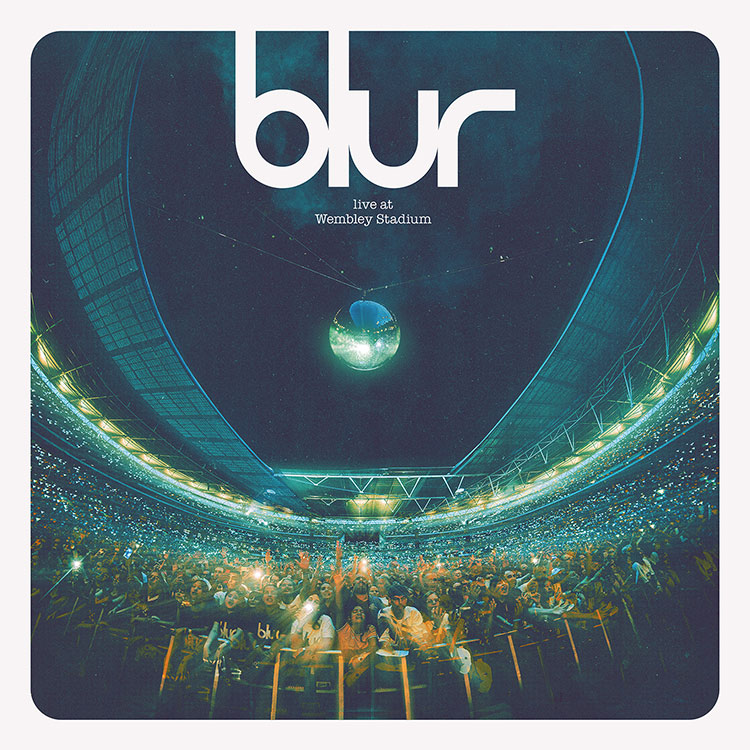
Live at Wembley Stadium Blur /
-
-
CD 1
- St Charles Square
- There’s No Other Way
- Popscene
- Tracy Jacks
- Beetlebum
- Trimm Trabb
- Villa Rosie,
- Stereotypes
- Out of Time
- Coffee & TV
- Under the Westway
-
CD 2
- End of a Century
- Sunday Sunday
- Country House
- Parklife
- To the End
- Oily Water
- Advert
- Song 2
- This Is a Low
- Lot 105
- Girls & Boys
- For Tomorrow
- Tender
- The Narcissist
- The Universal
-
CD 1

 Interview
Interview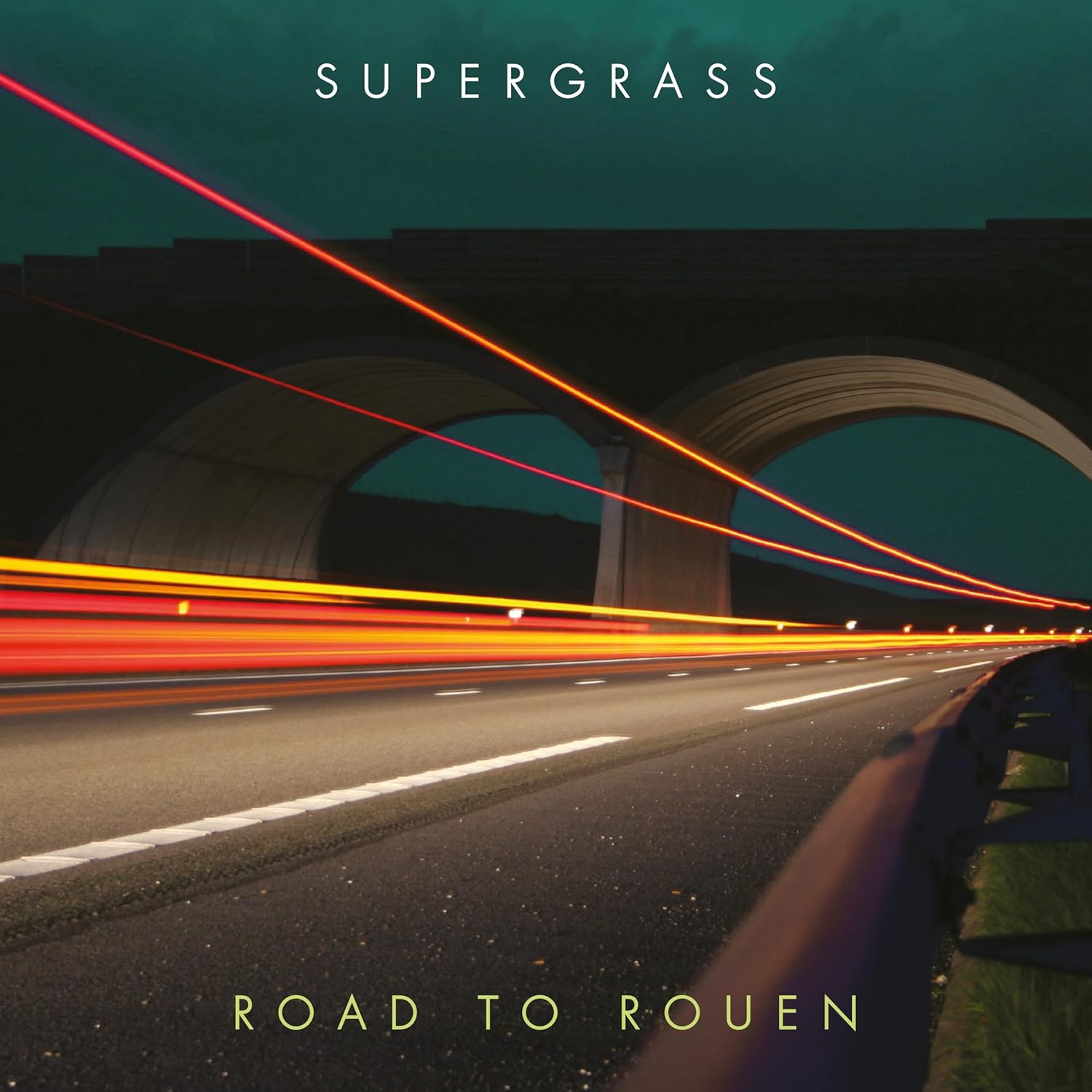

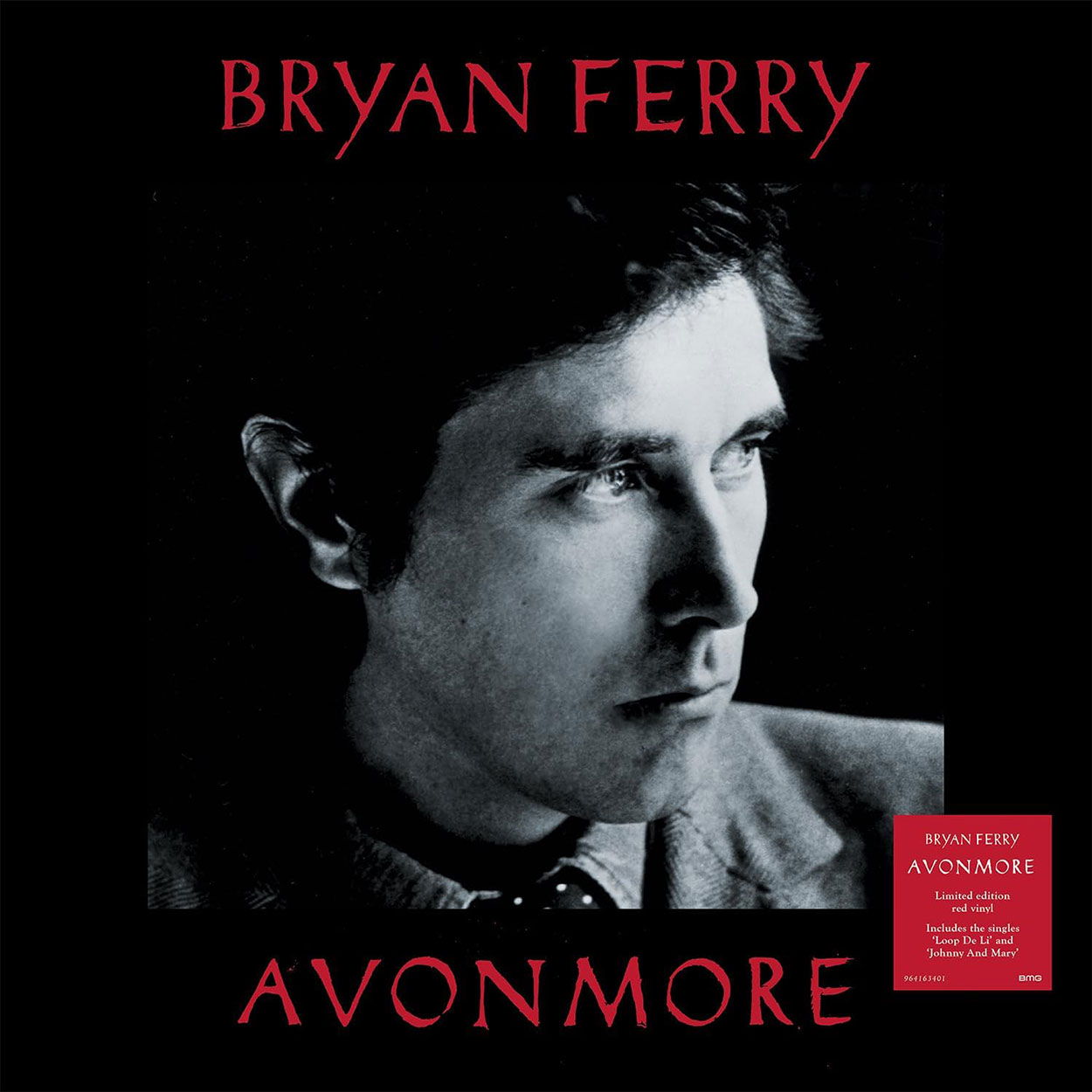
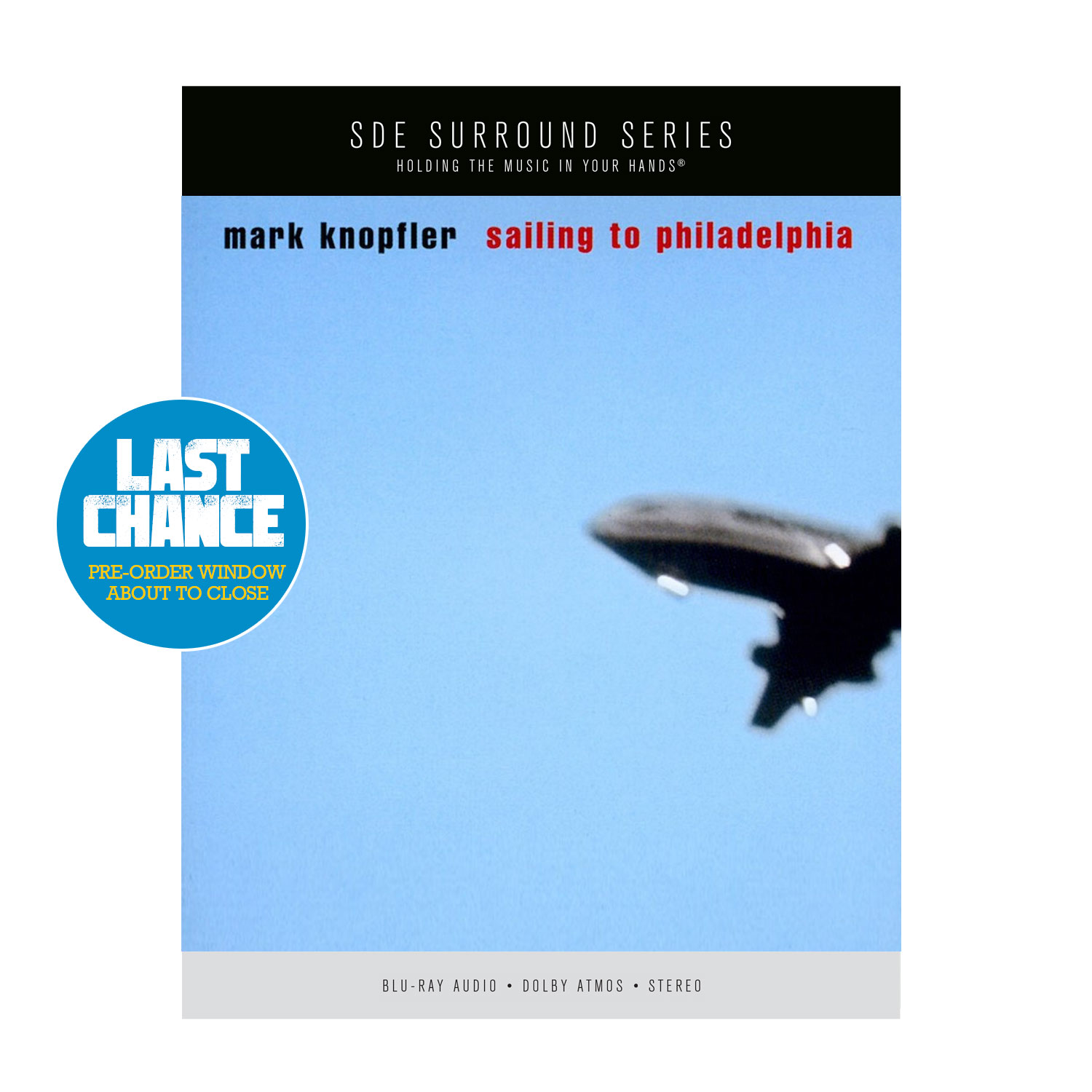
By John Earls
24